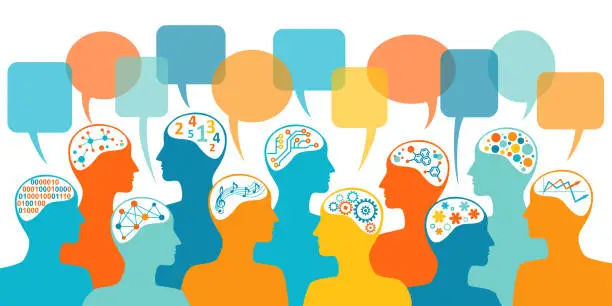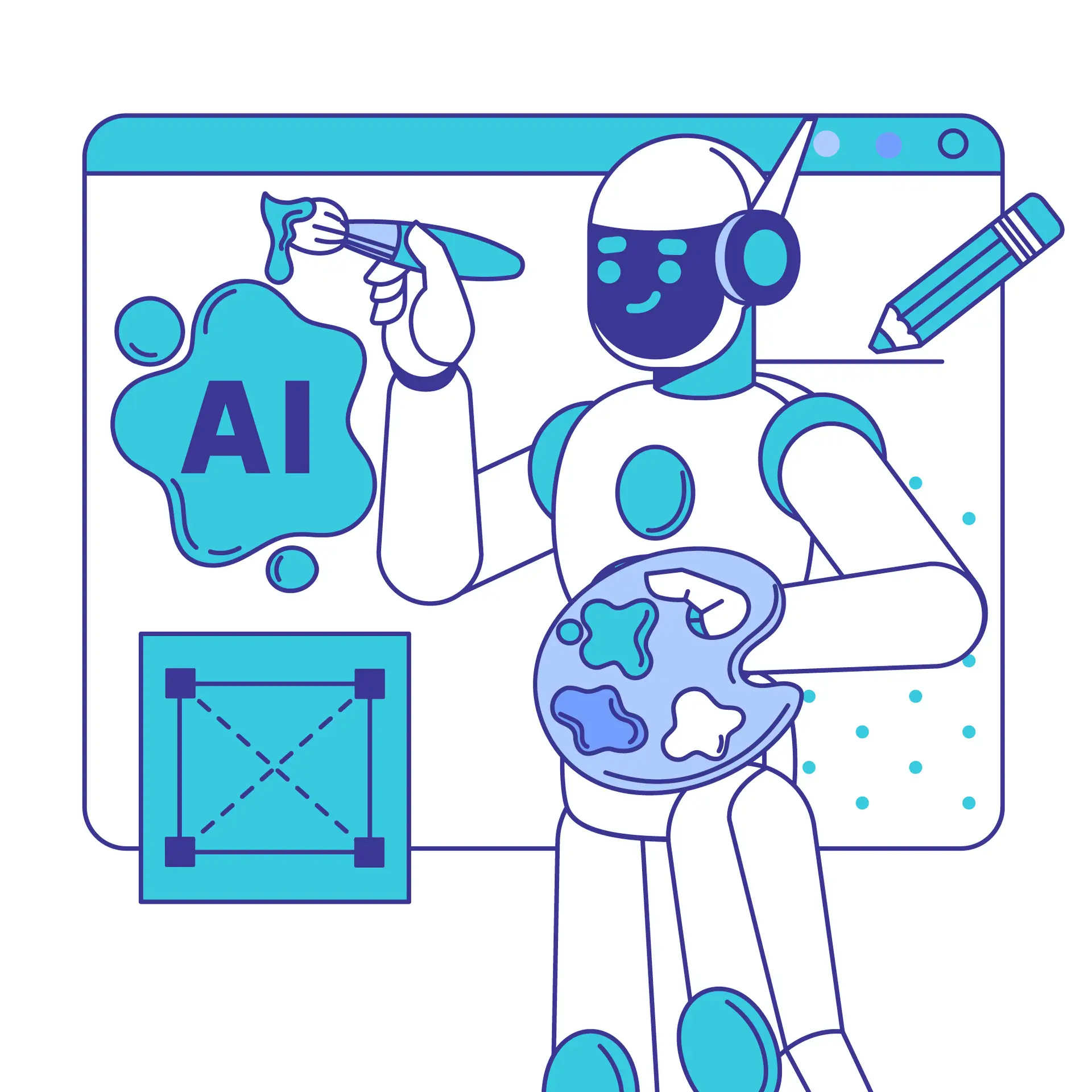As we conclude this series on creating accessible digital learning experiences for neurodivergent individuals, it is important to reflect on the overarching themes and lessons learned. Throughout these articles, we’ve delved into various aspects of designing learning experiences that cater to the needs of learners with autism, ADHD, and dyslexia. At the core of these discussions is the fundamental idea that considering the needs of all learners is not about creating a complex new process but about continuous improvement. Steady improvement consistently beats the pursuit of perfection.
Continuous Improvement Over Perfection
Our exploration shows that making small, consistent improvements can lead to significant positive changes in creating inclusive learning environments. This approach is more practical and sustainable than aiming for an unattainable standard of perfection. Every step taken towards understanding and accommodating the needs of neurodivergent learners contributes to a more inclusive and effective learning culture.
Lessons Learned and Perspectives Gained
Writing these articles has been a learning journey in itself. I have gained a deeper understanding of the varied perspectives surrounding neurodivergence. Conversations about the positives and negatives of different conditions have been enlightening, revealing that there is no single universal experience. For some, conditions like dyslexia can indeed feel like a superpower, while for others, they present significant challenges.
A particularly interesting aspect has been the discussion around language. Terms like “neurodivergent,” “neurodiverse,” and “neurotypical” are not universally preferred or understood in the same way by everyone. As with any group, the preferred language varies among individuals, highlighting the importance of respecting personal preferences and being open to evolving our terminology as we learn more.
The upside here is that not one person I spoke with about this was upset or angry when they disagreed with me on the language. I think we’re often afraid to ‘get it wrong’ and upset people. I’ve found that as long as you engage in good faith and with positive intent, people will respond in kind.
The Power of Optimism
One of the most rewarding aspects of this journey has been adopting a deliberately optimistic view of what we can achieve in making learning more inclusive. This optimism has sparked numerous meaningful conversations and helped foster a positive outlook on the possibilities for improvement. It has been heartening to see the enthusiasm and commitment of learning and development professionals who are keen to make a difference.
Some Final Thoughts
Creating a neurodiverse-friendly digital learning culture is continuous learning, adapting, and improving the process. By focusing on the needs of all learners, we can make steady progress towards more inclusive and effective learning environments. The journey involves understanding diverse perspectives, respecting individual language preferences, and maintaining an optimistic outlook on the potential for positive change.
Let’s embrace the idea that improvement is a journey, not a destination. By continually seeking ways to enhance our learning environments, we can ensure that all learners have the opportunity to thrive.
Further Reading
To continue exploring the topics of neurodiversity and inclusive learning design, here are some recommended resources:
“Autism in Adults” by Luke Beardon
I found this book to be an excellent firts tsep in to understadning what autism really means for adults in the workplace and the wider world.
“Dyslexia: A Practitioner’s Handbook” by Gavin Reid
One of the few books that focusses on practical application in supporting people of all ages, overcome dyslexia. The workplace support suggestions are esepcially helpful.
“UNMASKED: The Ultimate Guide to ADHD, Autism and Neurodivergence” by Ellie Middleton
Written in a bite-sized style for whizzy brains like hers, Ellie shares chapters on mental health, pretty privilege, how to navigate the workplace and the importance of self-diagnosis so that we can all better understand and celebrate neurodivergence, and ultimately make the world a more inclusive place.
The British Dyslexia Association
A valuable resource for learning more about dyslexia, including strategies for support and inclusion.
This site offers resources and information on ADHD, aiming to educate and support individuals and their families.
A note on book links: All links go to Bookshop.org pages. This means you’re buying from smaller, local bookshops and not Amazon. These links are affiliate links, so you don’t pay extra, but I get a little kickback to support future articles and videos.




